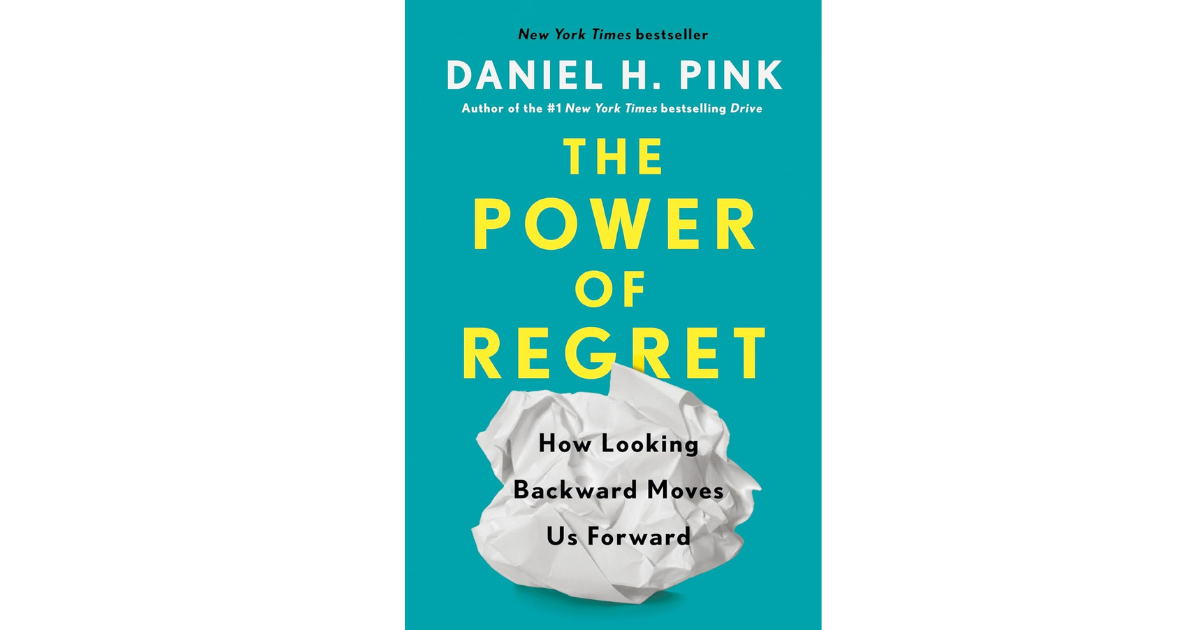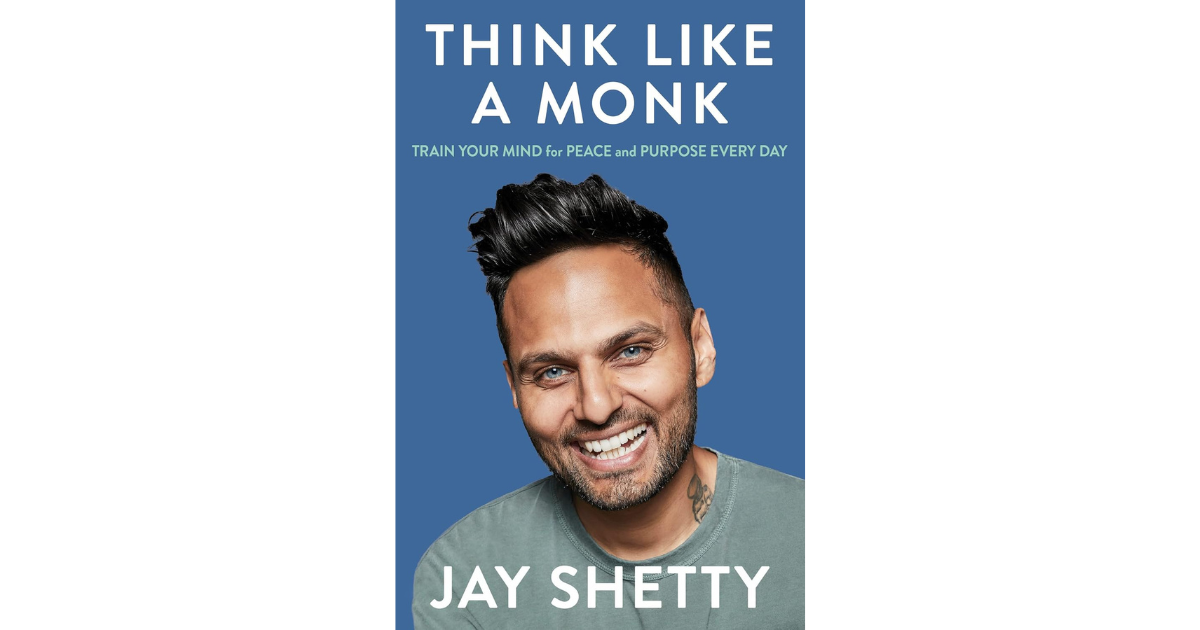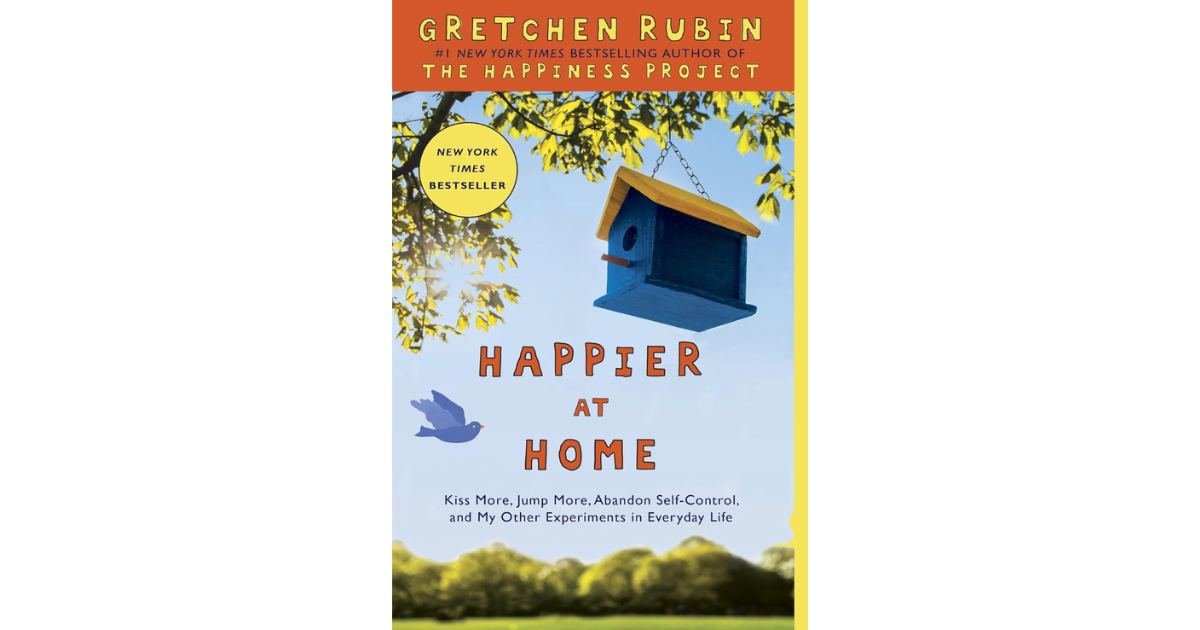Business Book Review: The Power of Regret by Daniel H. Pink
What if you could take what research has shown is people’s most experienced negative emotion and make it a positive? Pink shows you how.
My Rating: ★★★★
Length: 256 pages
Publisher: Rivehead Books
Released: 2022
Key Takeaways for Personal Branding
Daniel H. Pink’s The Power of Regret is both a New York Times bestseller and was named Financial Times Book of the Year for 2022. Pink dares to venture into the negative emotion of regret. He advocates that the “no regrets” rhetoric that populates society is a myth.
The book aims to reclaim regret. And use it as a powerful tool to make better decisions, perform better and create a more meaningful life.
The Most Powerful Negative Emotion
In 2008, Social Psychologists Colleen Saffrey, Amy Summerville and Neal Roese studied negative emotions. Participants were presented with nine emotions: anger, anxiety, boredom, disappointment, fear, guilt, jealousy, regret and sadness.
The emotion participants reported experiencing the most was regret. It was also the emotion they valued the most.
Four Core Regrets
Pink's insights in The Power of Regret are based on his World Regret Survey. It gathered data from 15,000 participants in 105 countries. He concludes that there are four types of regrets:
Foundation Regrets - These result from a failure in foresight. Perhaps doing too much or too little of something in the now, failing to understand the compounding impact in the future. It often manifests in the areas of finance, health and education.
Boldness Regrets - These result from playing it safe or not taking the chance.
Moral Regrets - The most complex of the regrets, these result from the feeling of failing to do the “right thing”.
Connection Regrets - These regrets relate to our relationships. In most cases, these breakdowns are a result of either “rifting” or “drifting”.
Open and Closed Doors
With so many respondents sharing stories of loved ones’ passings, Pink proposes there are two types of doors when facing regret:
Closed door regrets: There is nothing that can be done about this. These are distressing, but we can learn from them for the next time a similar situation occurs.
Open door regrets: Something can be done about it. This makes us uncomfortable because it takes effort.
Favourite Quotes
“Human beings are both seasoned time travellers and skilled fabulists. These two capabilities twine together to form the cognitive double helix that gives life to regret.”
“Many individual health, education, or financial missteps are not themselves immediately devastating. But the slowly building force of all those poor decisions can arrive like a tornado—gradually and then suddenly. By the time we realize what’s happening, there’s not much we can do.”
“Our brains therefore play a double trick on us. They entice us into valuing the now too much and the later too little. Then they prevent us from understanding the nonlinear, compounding effects of our choice.”
“To use a classic example, when another driver cuts us off on the highway, we immediately assume the person is a jerk. We never consider that the person might be speeding to the hospital.”
“When we act, we know what happened next. We see the outcome and that can shrink regret’s half-life. But when we don’t act—when we don’t step off that metaphorical train—we can only speculate how events would have unfolded.”
Pink describes reviewing his World Regrets Survey as feeling like a confessional booth. Even being privy to the deepest regrets many shared with him, he writes without judgement and with unwavering empathy. He offers pragmatic insights to both his research participants and readers. Like a friend who never scrutinises your shortcomings, but helps you remain future-focused.
As the Chinese proverb Pink recalls says: “The best time to plant a tree is 20 years ago. The second best time is today.” The Power of Regret will help you turn the negative emotion that most plagues people into a positive way to move forward.
The Power of Regret by Daniel H. Pink: Available on Amazon.




